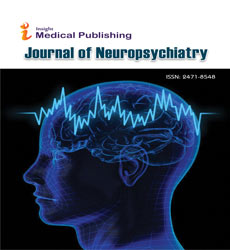Abstract
The Psychological aftermath of Voluntary Medical Assistance after the Terrorist Attack on the Brussels Metro: Whoâ??s the Doctor for the Doctor?
On 2016 March 22th, the national airport and the metro in Brussels were the target of two successive terrorist attacks which killed 35 people and seriously injured hundreds of others. Due to my voluntary commitment near the Maelbeek metro station, I was left out in terms of acute psychosocial relief, since I was not involved in an organization such as fire brigade or police. Research shows that in the aftermath of a terrorist attack, healthcare providers directly involved in the rescue of these victims report a significantly higher psychological impact, defined by Post Traumatic Stress Disorder (PTSD) symptoms, than those not directly involved. A number of victims and rescue workers exhibit a mixture of PTSD and mild Traumatic Brain Injury, which is a typical trauma-like brain concussion syndrome. Furthermore, unaffiliated volunteers seem to be at higher risk of posttraumatic stress, while professional rescue workers appear to be more protected. As a child psychiatrist in training, I quit my residency after the attack, and started a carreer in occupational medicine. In Brussels, I work with employers and employees who experienced this tragedy. In my presentation I give answers on the following questions: How did they deal with this event? What impact do these terrorist attacks still have, five years later? What are the lessons learned in the field of psychotrauma care in Belgium? And finally, I will tell you my story about the impact of the event in my doctor’s office, for my patients and likewise, for me as a doctor.
Author(s):
Tine Gregoor
Abstract | Full-Text | PDF
Share this

Google scholar citation report
Citations : 37
Journal of Neuropsychiatry received 37 citations as per google scholar report
Abstracted/Indexed in
- Google Scholar
- China National Knowledge Infrastructure (CNKI)
- Secret Search Engine Labs
- Euro Pub
Open Access Journals
- Aquaculture & Veterinary Science
- Chemistry & Chemical Sciences
- Clinical Sciences
- Engineering
- General Science
- Genetics & Molecular Biology
- Health Care & Nursing
- Immunology & Microbiology
- Materials Science
- Mathematics & Physics
- Medical Sciences
- Neurology & Psychiatry
- Oncology & Cancer Science
- Pharmaceutical Sciences

